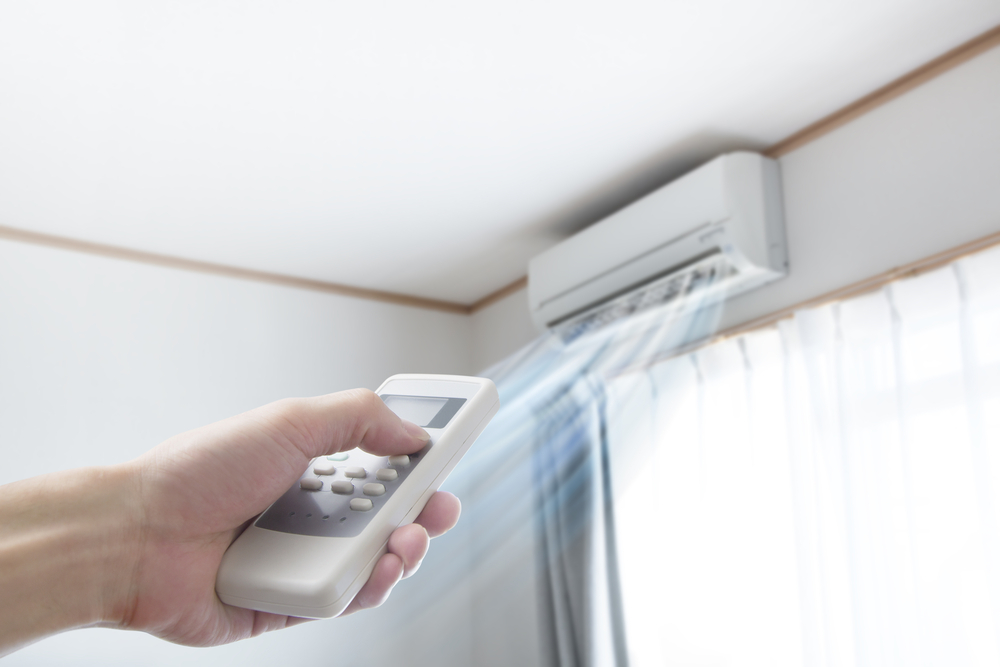Enjoy a Better, More Liveable Newcastle Air
As your top air conditioning service company based in New South Wales, we specialise in the design, installation and maintenance of high-quality ducted and split system air conditioning.
Newcastle ducted air conditioning systems are great aircon systems for cooling and heating your spaces at your desired temperature. Our split system aircons are perfect for smaller areas like your homes and small offices. Whatever type of space you have, we will help you find the best air conditioning system that fits your needs perfectly.
Where to Apply Newcastle Air Conditioning
Air conditioning engineers broadly divide air conditioning applications into two: comfort and process.
Comfort applications aim to provide a building indoor environment that remains relatively constant despite changes in external weather conditions or internal heat loads.
Comfort applications may be categorised as:
- Commercial buildings,
- High-rise residential buildings,
- Industrial spaces where thermal comfort of workers is desired,
- Institutional buildings,
- Low-rise residential buildings and,
- Sport stadiums.
Process applications, on the other hand, aim to provide a suitable environment for a process being carried out. It is the needs of the process that determine conditions, not human preference.
Process applications include:
- Chemical and biological laboratories,
- Food cooking and processing areas,
- Hospital operating theatres and,
- Nuclear power facilities.

How Air Conditioning Came About
A bit of history.
Modern air conditioning emerged from advances in chemistry during the 19th century, and the first large-scale electrical air conditioning was developed in 1902 by a young electrical engineer named Willis Haviland Carrier.
Designed to improve manufacturing process control in a printing plant, Carrier’s invention controlled not only temperature but also humidity.
How Air Conditioning Systems Work
When a liquid converts to a gas in a process called phase conversion, it absorbs heat. Air conditioners exploit this feature of phase conversion by forcing a special liquid, called a refrigerant.
The refrigerant evaporates and condenses over and over again in a closed system of cold pipes called an evaporator coil. When hot air flows over the evaporator coils, the refrigerant absorbs heat as it changes from liquid to gas.
The refrigerant is then pumped outside through a set of condenser coils where it gives up its heat and changes back to liquid.
A compressor is used to move the refrigerant between the two coils and to change the pressure of the refrigerant so that it evaporates or condenses in the appropriate coils.
An air conditioner is actually very similar to a refrigerator except that it doesn’t have the exterior housing a refrigerator relies on to insulate its cold box.
Instead, the walls of a house or a building keep the cold air in and the hot air out. Modern air conditioners also dehumidify as they cool, which can be seen by the water that drains away.
Questions? We sell, install, and repair air conditioning systems in homes and offices in Newcastle. Contact us today!